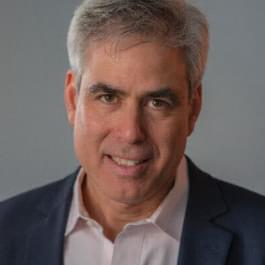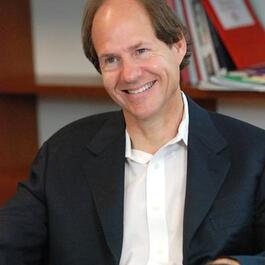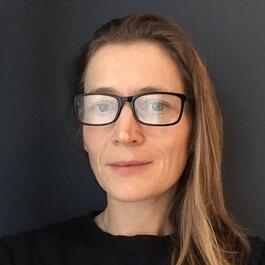
Madison's Notes
The official podcast of Princeton University’s James Madison Program in American Ideals and Institutions.
Show episodes
That’s a wrap on the 2024-2025 season of Madison’s Notes! Stay tuned until the end for a special announcement—you won’t want to miss it! A massive thank you to our incredible listeners and guests for making this season unforgettable. Your support means everything! The show will be back—so hit subscribe to be the first
The Supreme Court’s ruling in 2022 changed the established methodology for evaluating Second Amendment cases. What was the existing methodology, and what does this shift signify for future interpretations? We sit down with Joel Alicea, Professor of Law and Director, the Center for the Constitution and the Catholic Inte

S4E39 Executive Power and the President Who Would Not Be King: A Conversation with Michael McConnell
In this episode of Madison’s Notes, Michael McConnell examines the gap between the Founders’ vision of a limited presidency and today’s expansive executive power. Drawing on his book The President Who Would Not Be King (Princeton University Press, 2022), we discuss how the Constitution’s safeguards against monarchical

S4E38 False Dawn: A Conversation with George Selgin on Recovering from the Great Depression
Join us on Madison's Notes as we sit down with George Selgin, senior fellow and director emeritus of the Cato Institute’s Center for Monetary and Financial Alternatives and professor emeritus of economics at the University of Georgia. In this insightful conversation, Selgin unpacks the myths and realities of FDR’s New

S4E37 Threats to Universities and What We Can Do: A Conversation with Brandice Canes Wrone
Universities are under attack, but what exactly are the threats? How does free speech in the last 10 years compare to today? What do we stand to lose if higher education collapses? In this episode, Brandice Canes-Wrone dives into the major threats facing universities—from defunding to restrictions on free expression—an
Why has trust in the news media declined? How can we combat biased reporting and the spread of misinformation? And how do these challenges compare to the media landscape during America’s founding era? Join us as we explore these pressing questions with William English, a political economist and Associate Professor of S





